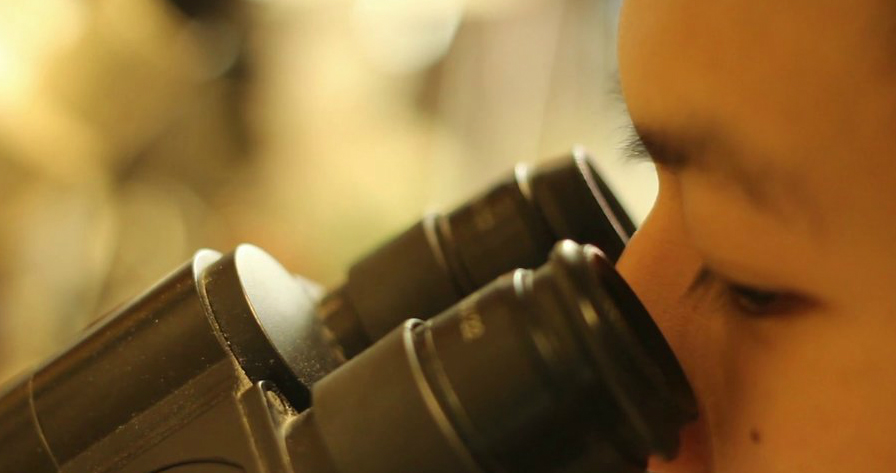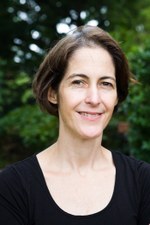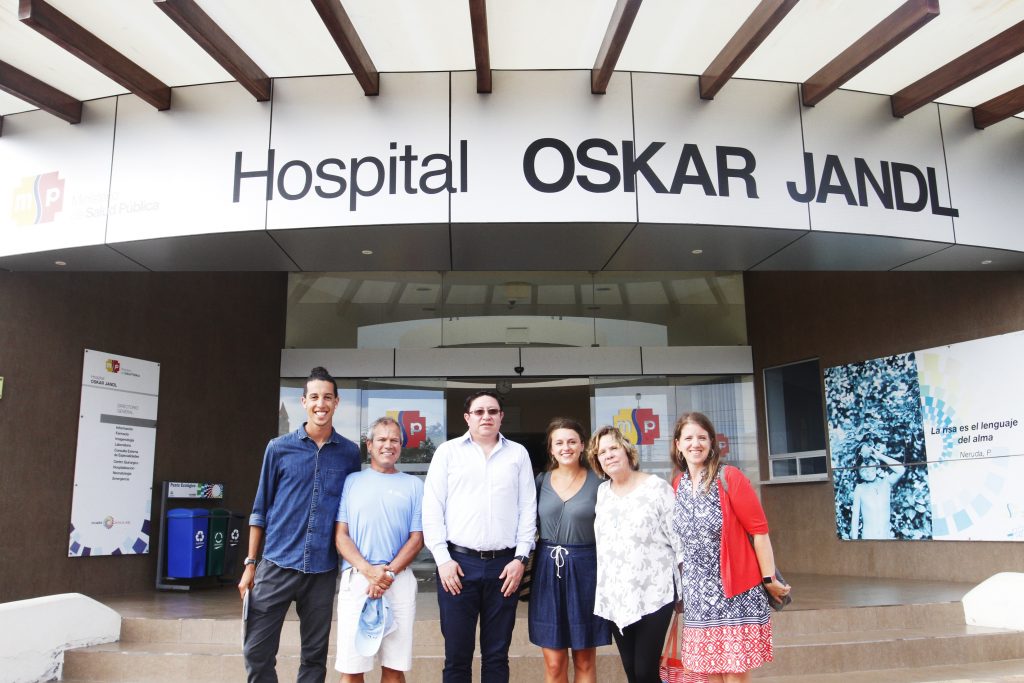
Six new interdisciplinary, team-taught courses will be offered across the College of Arts and Sciences beginning in fall 2017 in disciplines ranging from physics and astronomy to public policy to art.
Dean Kevin Guskiewicz issued a call for proposals for faculty in the fall, and a selection committee chose the following courses from the pool of applicants:
- “Climate and Energy Transitions,” taught by Gerald Cecil (physics and astronomy) and John M. Bane (marine sciences).
- “Art and Fashion from Rome to Timbuktu,” taught by Victoria Rovine (art) and Herica Valladares (classics).
- “Geography for Future Leaders: People, the Planet and You,” taught by Elizabeth Havice and Diego Riveros-Iregui (geography).
- “The Lived Experience of Inequality and Public Policy,” taught by Candis Watts Smith (public policy) and Gershun Avilez (English and comparative literature).
- “Ordinary Differential Equations within the Modern Scientific Method,” taught by Roberto Camassa and Richard M. McLaughlin (mathematics).
- “Healing in Literature and Ethnography,” taught by Michelle Rivkin-Fish (anthropology) and Jane Thrailkill (English and comparative literature).
In their course proposal, Cecil and Bane wrote: “The preeminent legacy of the 21st century may be our transition from fossil fuels to carbon-free alternatives. … Fossil fuels are responsible for 85 percent of power use in the developed world, and so they intertwine energy and climate. As this course unfolds, these two topics merge into: How do we optimize our energy use to minimize climate impact?”
These new team-taught courses provide an opportunity to offer fresh, multifaceted approaches to complex issues in a way no single instructor could, said Guskiewicz.
“We hope these grants will help eliminate some of the barriers that can discourage interdisciplinary teaching,” he said. For example, both instructors teaching the course will get full teaching credit.
“This is one of several new initiatives that I hope will embody my vision of being strategic, bold and student-focused. This was a pilot project, and we expect to provide more opportunities for innovative courses in the future.”




